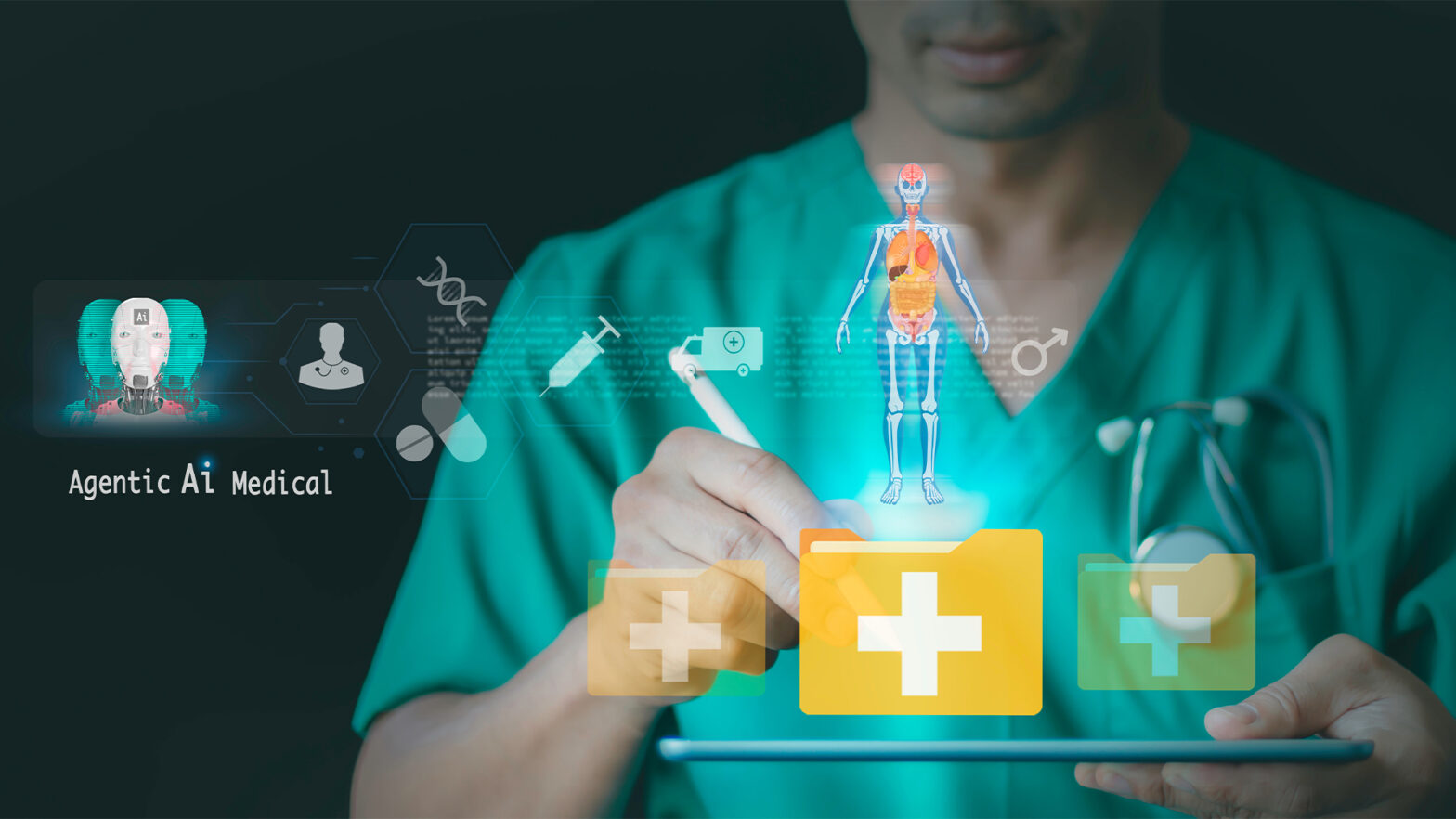
More health care professionals are exploring agentic artificial intelligence usage for everyday tasks like documentation, information retrieval and diagnostics. Its high degree of autonomy enables it to work toward predefined objectives without human input or intervention. It could drastically increase productivity and personalization, improving patient outcomes.
The Rise of Agentic AI in Health Care
Historically, the health care industry has been slow to adopt emerging technologies. With AI, things are different. As of 2024, nearly 1 in 5 clinicians worldwide have used ChatGPT for work. Many rely on in-house systems for tasks ranging from diagnostics to scheduling. Generative models have a conversational interface, so utilization is intuitive even to nontech-savvy users.
Out of all this technology’s subsets, agentic AI may be the most promising. Its ability to leverage sophisticated reasoning and iterative planning sets it apart from standard machine learning and generative models. Instead of solely reacting to input, it acts autonomously and with intent, continually adjusting to achieve predetermined objectives.
Soon, even smaller practices will be able to afford these advanced systems. In January 2025, the Chinese startup DeepSeek developed a generative model of the same name for an estimated $6 million, proving it is possible to build an advanced AI system without spending hundreds of millions of dollars like leading AI companies have.
How Agentic AI Could Improve Patient Care
Most of a physician’s day involves paperwork. Research shows they spend 85.6% of their workday on administrative tasks, 14.4% of which includes reading and retrieving data. Documentation and work-related oral communication take up another 15.9% and 33.3%, respectively. Just 11.7% of their time is dedicated to patient examination or treatment.
Nurses are in the same situation — they spend approximately 25% of their workday on documentation. Even with electronic health records, entering and retrieving information is tedious. An agentic model could automate much of this time-consuming work, giving medical professionals considerably more time to spend with patients. Its high degree of autonomy enables it to automate complex and multistep workflows.
These intelligent algorithms could automate scheduling, summarize a person’s medical history, handle billing or provide treatment recommendations. If given a conversational interface, individuals could ask questions or order task execution in plain language. Countless staff members can use it simultaneously, enabling facility-wide productivity improvements.
The Ethical and Legal Considerations
With great power comes great responsibility, as the saying goes. A technology as advanced as an agentic model requires a robust governance framework. While minimal human intervention is generally required, that threshold does not account for technical faults that could degrade its performance. A human-in-the-loop approach is key for maintaining accuracy and reliability.
At a minimum, health care facilities should have a dedicated information technology professional monitoring the AI system for indicators of compromise. Its vast database makes it a target for hacking. A robust cybersecurity framework and early intervention are essential for maintaining compliance with the Health Insurance Portability and Accountability Act.
There are also ethics to consider. Will people want medical professionals to leverage an agentic algorithm? According to a Pew Research Center survey, 3 in 5 U.S. adults feel uncomfortable with the idea of their provider relying on AI. Around 3 in 4 say this is because they are concerned any potential risks won’t be fully considered or addressed before implementation.
This survey directly contrasts clinicians’ growing reliance on AI. They should navigate this divide carefully to ensure they adequately address the public’s concerns. If they can’t ignore the benefits of agentic AI, they should consider sequestering the model within human resources, billing or scheduling instead of in patient-facing applications.
The Health Care Industry’s Automated Future
Although this technology could improve patient care, people are uncomfortable with the idea of an algorithm making decisions about their well-being. However, the industry can’t exactly ignore this transformative, time-saving solution.
Providers should compromise. If they want AI to be the future of health care, they must integrate it carefully and monitor its impact.

















